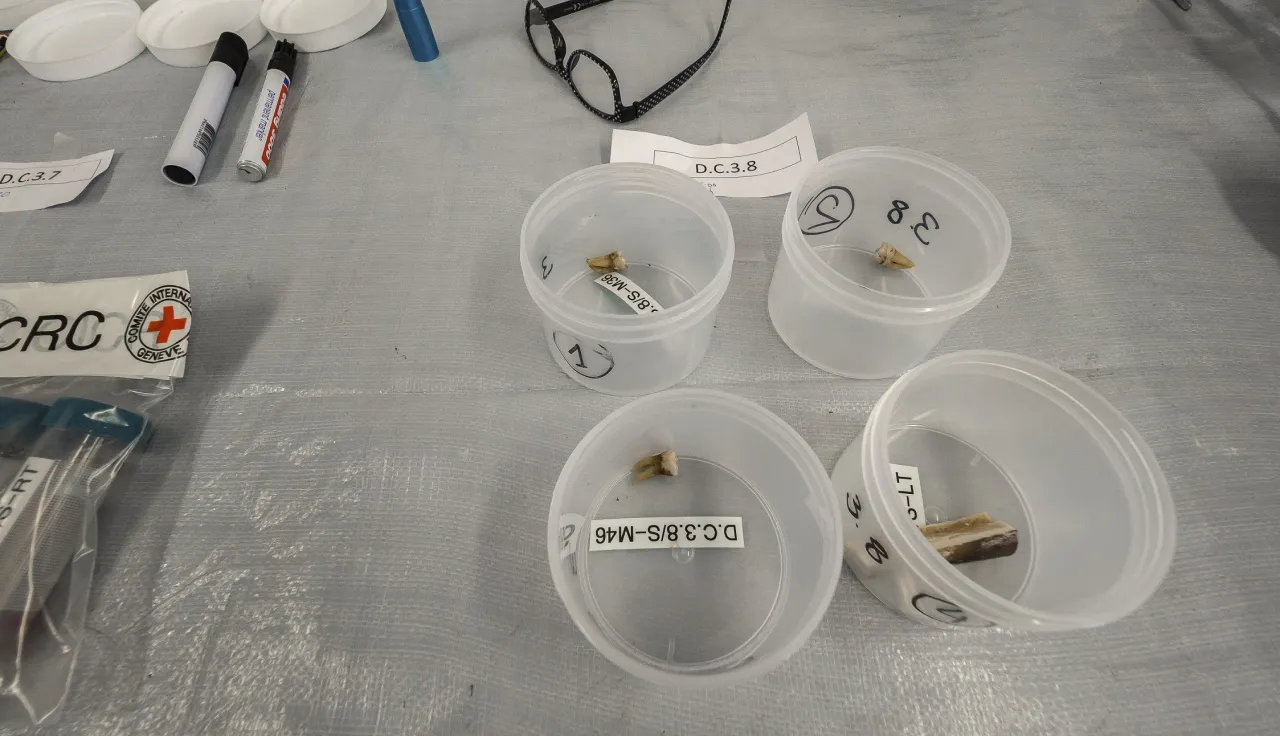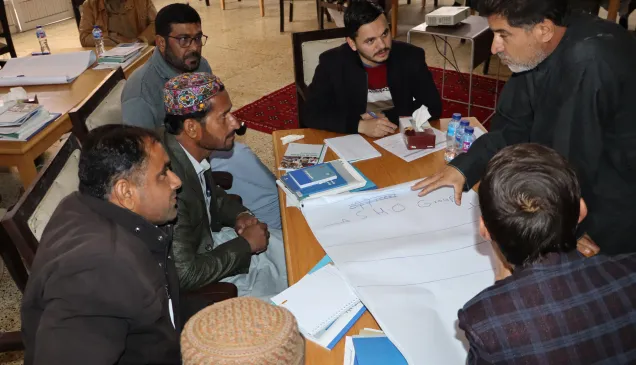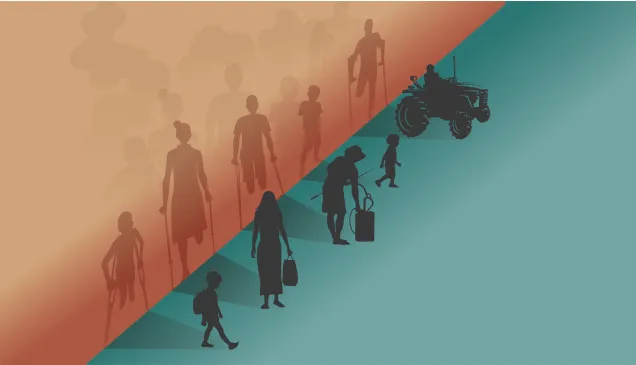Pakistan: Strengthening humanitarian forensics in Sindh

Humanitarian crises, including pandemics, often result in large-scale fatalities with many deceased going unidentified because of improper or undignified management of the dead. But an individual has the right to dignity in both life and death. Through its management of the dead in emergencies programme, the International Committee of the Red Cross (ICRC) works to ensure that this right is upheld in accordance with various national and international laws.
Addressing a core component of the dignified management of the dead, the ICRC held an online workshop on genetic identification in mass fatalities for forensic scientists at Sindh Forensic DNA and Serology Laboratory (SFDL), Karachi, from 24 till 26 March.
National and international forensic experts shared best practices and techniques to efficiently carry out genetic identification in emergency situations. The training is expected to help up to 14 participating forensic experts at SFDL to manage large-scale DNA samples and have a tool for pairwise comparison of DNA profiles to accurately identify victims of mass fatality within lesser time.
It is paramount that facilities and practitioners follow standards that are constantly reviewed and evaluated
Udo Krenzer, ICRC's Regional Forensic Manager (Asia-Pacific)
"The training is particularly important for handling mass deaths as we experienced firsthand following a plane crash. We carried out manual pairwise matching but it was a laborious activity with high chances of errors. Through the genetic data management and comparison tool shared in the workshop, we will be able to quickly and accurately analyse all DNA profiles," said Saad Farooq, a forensic DNA expert at SFDL who participated in the workshop.
The ICRC's Regional Forensic Manager for Asia-Pacific, Udo Krenzer, shared that technologies such as forensic genetics are increasingly playing a vital role in the identification of disaster victims.
"It becomes particularly important where conventional methods are not applicable due to the burnt, skeletonized, decomposed or commingled state of the remains. Yet, to obtain quality data from the forensic examination that can be applicable for other technologies and procedures, it is paramount that facilities and practitioners follow standards that are constantly reviewed and evaluated whether for routine caseloads or in complex cases and mass fatality incidents," he said.
Till 2019, most law enforcement agencies in Pakistan relied solely on the Punjab Forensic Science Academy for such investigations. With the establishment of the SFDL, the capacity for DNA testing has increased manifold in Pakistan.
The ICRC's programme focusing on the dignified management of the dead supports local forensic science labs and practitioners through capacity-building in humanitarian forensics. This includes workshops on mass identification during emergencies, dignified management of the dead and dental forensics.



